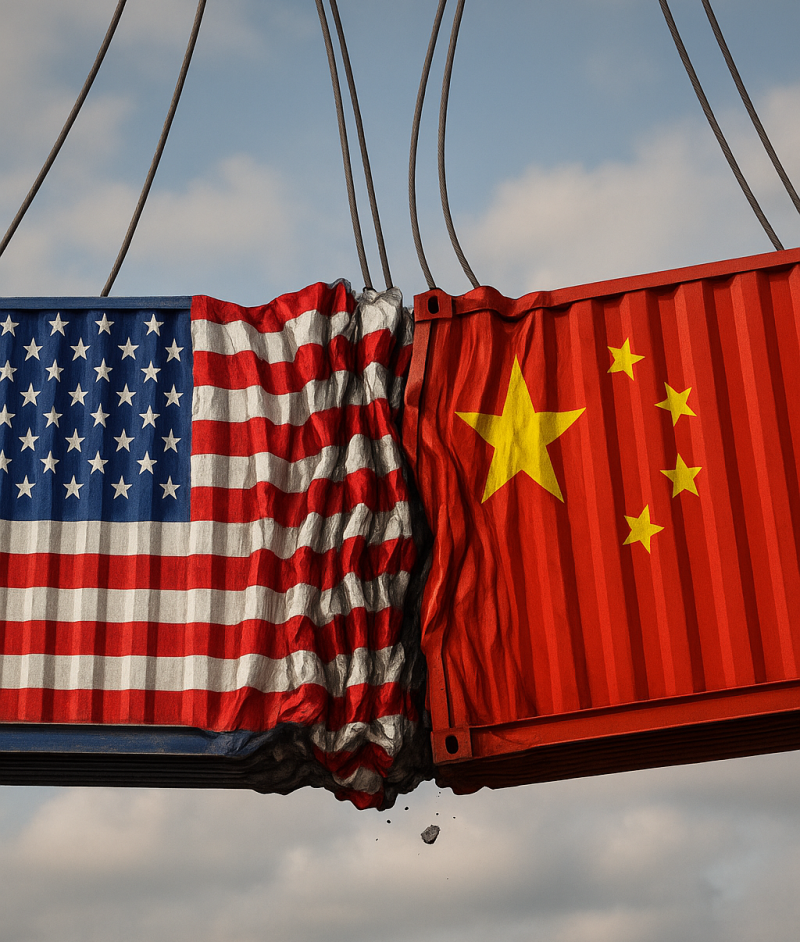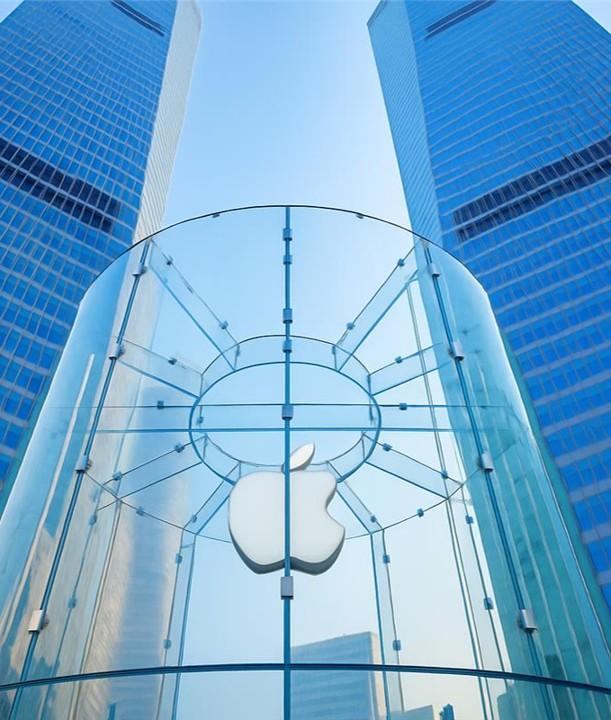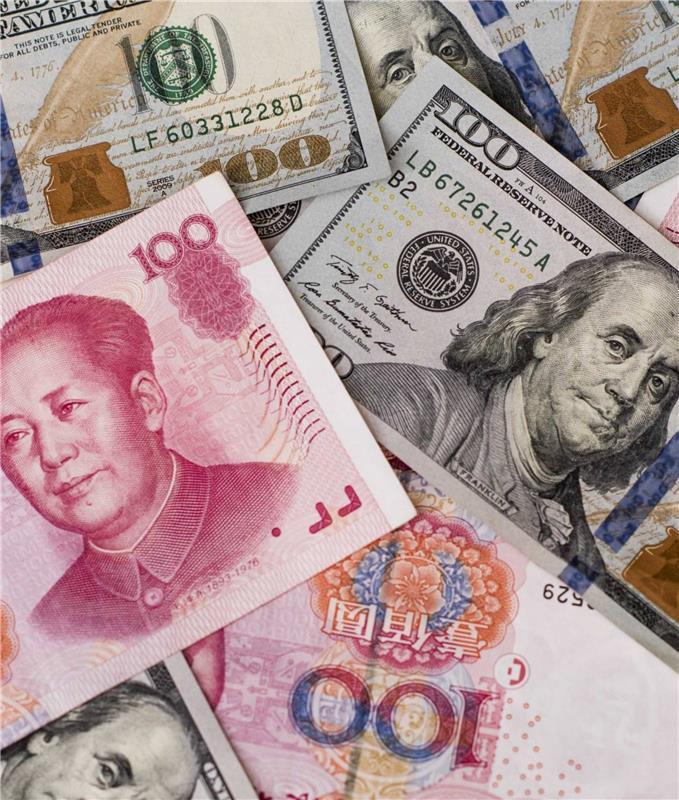What does the trade war mean for emerging market equities?

The sudden announcement of the United States’ latest trade deal with the European Union is a reminder of the volatility that trade disputes can bring. Attention gradually drifted away from the topic during the second quarter as geopolitical tensions in the Middle East came to the fore in June.
The trade war’s impact on emerging markets
Nevertheless, in terms of likely impact on the prospects for emerging markets, we believe the US-China relationship is critical. While the market is currently sanguine on the broader tariff landscape, we believe there is a potential for volatility to increase again, given the proximity of some of the deadlines that have been imposed and the complexity of many of the issues at stake. The framework agreement with China indicates progress, but it is not the end of the matter.
We have had some time to see how tariffs and trade conflicts are playing out. Our overall reading of the situation has not changed much: we saw the aggressive opening position as a tactic to bring parties to the negotiating table. Some progress in talks has been achieved (or at least announced), but it is unclear how long remaining negotiations will take, and of course, they may not run to the US’s schedule. Further, it is less clear whether any of the deals that result will ultimately have the potential to reshape trade patterns and supply chains.
China’s growing prominence in advanced manufacturing
At the heart of the trade dispute is a recognition of the progress that China has and is making in high-end manufacturing. The fruits of China’s sustained investments in strategically valuable sectors have started to become apparent, as China announced earlier this year innovations and breakthroughs in areas such as AI and electric vehicle technology. Westerners are beginning to take notice.
Apple’s reliance on China
Apple is one company that has benefited hugely from China’s ability to make progress in advanced technology manufacturing. With Apple currently in the spotlight, there is an obvious incentive to downplay the company’s dependence on China and to emphasise alternative production bases (though these mainly relate to assembly work rather than manufacture). Our study of the supply chains leads us to believe that Apple’s reliance on China is unlikely to diminish dramatically in the medium term; while China’s progress in technology development, if anything, will lead to a closer relationship in time. The role of management, therefore, becomes an even more careful exercise in diplomacy in order to manage these competing interests.
China-US strategic positioning
This gets to the heart of possibly why China’s response this time around has been resilient: China has made genuine technological progress, and so has more economic strength and less dependence on the West. China has more options in terms of the different export markets it can serve. And supply chains have diversified since the first trade war and since COVID, permitting companies much greater flexibility.
We shouldn’t overplay this: China’s economy clearly has the potential to be harmed by a trade dispute, particularly if it should escalate to the level seen in early April, where there is effectively an embargo on trade with the US.
Nevertheless, China does not face the same constraints that the US does: in the US, risk of inflation is flaring up again, particularly if interest rates are to come down again, and the fiscal situation is chronically challenged – probably even more so with the recent spending bill – so the US ultimately has less room to manoeuvre.
Impacts on Latin America
Our Latin American exposure in the portfolio has provided relative resilience in this recent period. While Mexico has previously been targeted by Trump, our exposure in the country is to coke bottlers that operate across Latin America, providing geographic diversification, and due to the nature of the product, are relatively unimpacted by cross-border trade concerns. Brazil, too, has come through this period relatively well so far, although recent announcements indicate this position could be vulnerable.
How this affects the Guinness Emerging Markets Equity Income Fund
Despite the increased uncertainty, our focus for the Guinness Emerging Markets Equity Income Fund remains the same – on companies that have consistently earned high returns on capital. Companies with such a track record have shown the ability to navigate periods of uncertainty in the past, and we think they are likely to continue to do so.
Given the multiple uncertainties that we face at this juncture, and the ability for multiple different scenarios to unfold, we believe that a focus on individual companies and their ability to sustain strong operating and financial results is now more important than ever.
The emphasis we place on the underlying quality of a business, earning high returns on capital and generating cash, provides the underpinning for rewarding shareholders with dividends while seeking to compound their earnings over the long term. It is this combination, embedded in an equally weighted portfolio, that we believe works particularly well in an emerging market context and provides investors with access to a disciplined strategy with which they can navigate an uncertain environment.
Disclaimer: This insight may provide information about Fund portfolios, including recent activity and performance and may contains facts relating to equity markets and our own interpretation. Any investment decision should take account of the subjectivity of the comments contained in this insight. This insight is provided for information only and all the information contained in it is believed to be reliable but may be inaccurate or incomplete; any opinions stated are honestly held at the time of writing but are not guaranteed. The contents of this insight should not therefore be relied upon. It should not be taken as a recommendation to make an investment in the Funds or to buy or sell individual securities, nor does it constitute an offer for sale.



